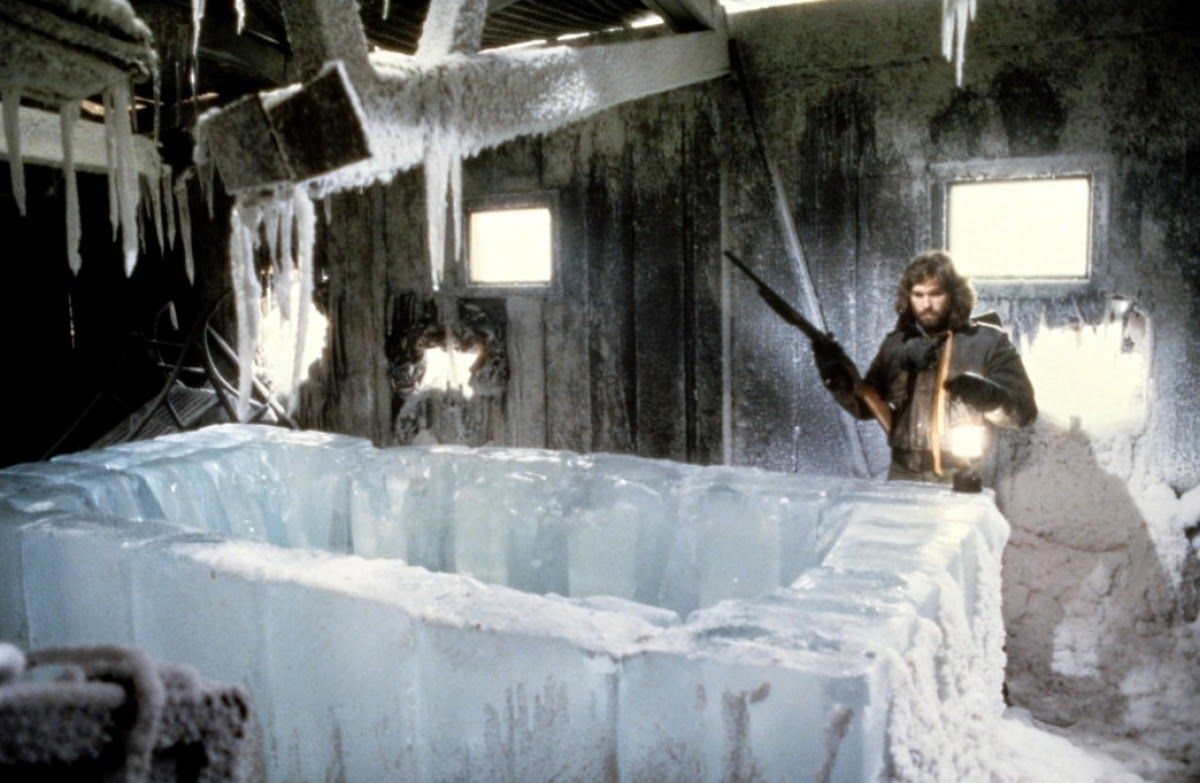Ah, the Golden Age! Doesn’t it just spark a little shimmer of nostalgia in your heart? A time when laughter felt simpler, sharper, and absolutely essential. We’re talking about an era when comedians weren’t just funny; they were cultural architects, weaving their wit and wisdom into the fabric of our everyday lives, both on the stand-up stage and in the hallowed halls of late-night television. If you’ve ever found yourself longing for the days when a single monologue could set the national agenda, or a perfectly timed punchline could resonate for decades, then you’re in for a treat!
These weren’t just performers; they were visionaries, kings without crowns who sculpted the very landscape of entertainment. They built empires of laughter with nothing but their minds, their voices, and an undeniable knack for connecting with millions. From the iconic desks of late-night to the smoky spotlight of a stand-up club, these legends proved that intelligence, charisma, and a whole lot of chutzpah could turn a simple joke into a cultural phenomenon. Get ready to celebrate the genius of the individuals who became the uncrowned princes of stand-up and late-night TV, starting with five of the most groundbreaking figures who truly paved the way.
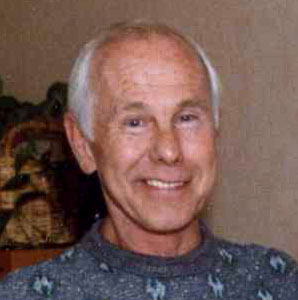
1. **Johnny Carson: The Undisputed King of Late-Night**When you think of late-night television, one name inevitably reigns supreme: Johnny Carson. He was, quite simply, the undisputed king, a maestro of mirth who commanded The Tonight Show for an incredible three decades, from 1962 to 1992. His nightly appearances felt less like a TV show and more like a national institution, a comforting constant in a rapidly changing world. You tuned in, you laughed, and you felt like you were part of something special, every single night.
Carson’s genius lay in his impeccable comedic timing and an effortless ability to connect with both his guests and his massive audience. He wasn’t just a host; he was a conversation starter, a curious observer, and a master of the reactive laugh. Whether he was delivering a razor-sharp opening monologue, playfully bantering with his legendary sidekick Ed McMahon, or guiding a celebrity interview, Carson set the gold standard for every late-night host who dared to follow.
Indeed, Johnny Carson introduced many of the formats and traditions that remain staples of late-night TV even today. The iconic opening monologue, the friendly sidekick banter, and those beloved comedic sketches – these were all pioneered or perfected under Carson’s watchful eye. Beyond just hosting, he became a kingmaker, helping to launch the careers of countless comedians, including giants like David Letterman, Jay Leno, and Joan Rivers.
Carson’s influence extended far beyond the stage; he subtly shaped public discourse with his gentle yet incisive humor. He could tackle current events with a light touch that made complex issues palatable, diffusing tension with a perfectly placed joke. This unique blend of warmth, intelligence, and a seemingly effortless command of the stage made him not just a beloved entertainer, but a true cultural icon who left an indelible mark. His legacy continues to inspire and define late-night hosting.
Read more about: Beyond the Monologue: Reflecting on the Extraordinary Life of Joanna Carson, Johnny Carson’s Iconic Ex-Wife, Dead at 93
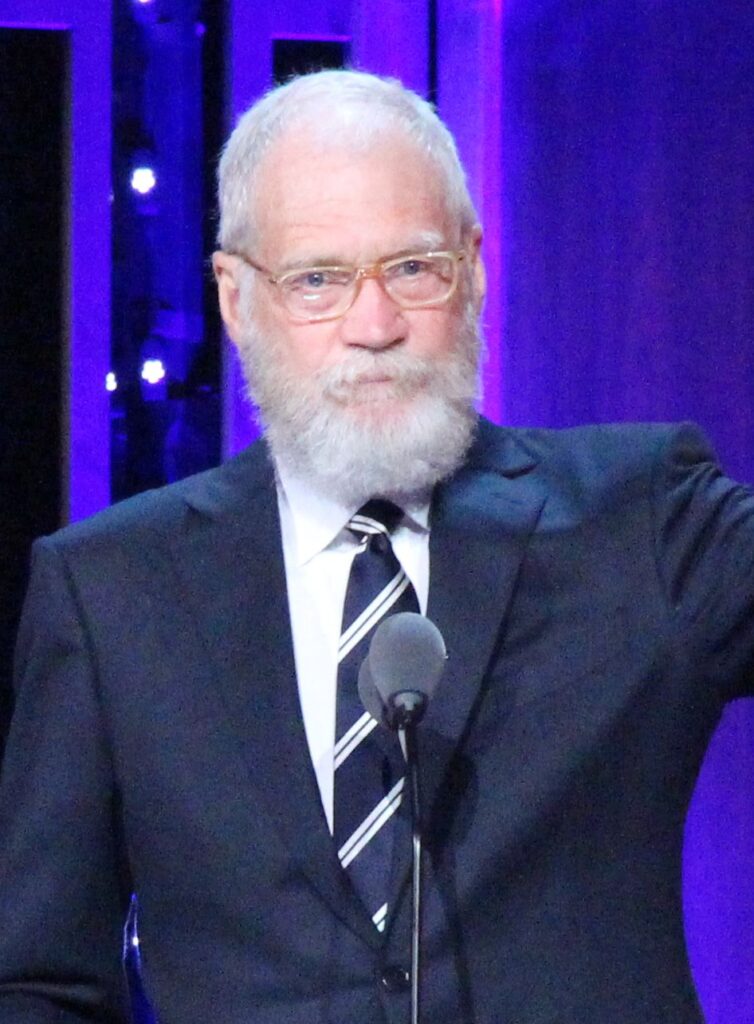
2. **David Letterman: The Irreverent Innovator**Moving from the established king to a daring heir, David Letterman burst onto the late-night scene with an entirely new brand of humor, one that was delightfully absurd and deliciously irreverent. When he launched Late Night with David Letterman in 1982, he wasn’t just hosting a show; he was initiating a comedic revolution. His approach challenged the traditional talk show format with segments like “Stupid Pet Tricks” and a wonderfully deadpan attitude toward celebrity culture that audiences immediately fell in love with.
Letterman’s unique comedic voice quickly resonated with a generation eager for something different. His style was unconventional, a blend of self-deprecation, irony, and a willingness to embrace the utterly bizarre. He wasn’t afraid to let interviews get a little awkward, or to turn a seemingly mundane observation into an existential laugh. This irreverent attitude, genuinely ingrained in his persona, made him a deeply authentic and captivating presence on screen.
After famously being passed over for The Tonight Show, Letterman made a monumental move to CBS, where he launched The Late Show with David Letterman. For 12 years, he continued to refine his distinctive style, cementing his status as a late-night powerhouse. His interviews, characterized by keen intelligence and a subtle ability to draw out the unexpected, became legendary. He had a knack for turning awkward moments into pure comedy gold.
Over his remarkable 33-year career, Letterman collected multiple Emmy Awards, a testament to his profound influence and consistent excellence in comedy. His deadpan delivery became his signature, a comedic weapon that could disarm, amuse, and provoke thought all at once. His impact is undeniable, shaping the way we view late-night entertainment and demonstrating that talk shows could be much more than just polite conversations.
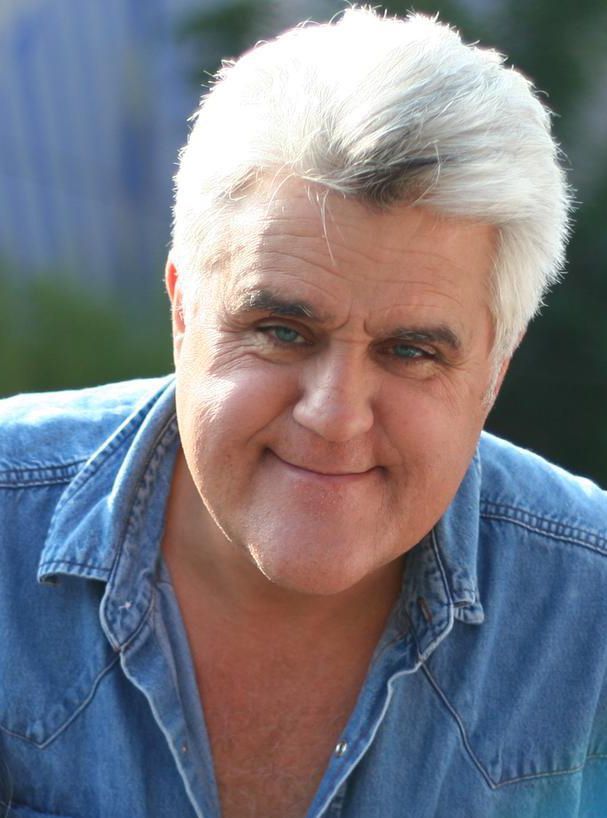
3. **Jay Leno: The Observational Workhorse**From the cutting edge of Letterman, we pivot to another titan who held the reins of The Tonight Show for a significant run: Jay Leno. He was, without a doubt, one of the most recognizable figures in late-night television, hosting the iconic program from 1992 to 2009, and then returning for another stint from 2010 to 2014. Leno’s comedic style was built on a foundation of relatable, observational humor, and an almost superhuman work ethic that saw him performing hundreds of live shows each year.
Leno’s dedication to his craft was legendary. He was always on, always working, always refining his jokes and connecting with audiences on a grassroots level. This relentless touring and tireless effort meant his humor was finely tuned to the pulse of middle America, making him a favorite among a broad and devoted fan base. His monologues, filled with witty takes on current events and everyday absurdities, felt familiar and comforting, like a chat with a genuinely funny neighbor.
Of course, Jay Leno’s career wasn’t without its moments of intense scrutiny, particularly during the highly publicized “late-night wars” that pitted him against other formidable hosts. These episodes, while challenging, only underscored his resilience and enduring popularity. He navigated the choppy waters of network politics with a grace and professionalism that spoke volumes about his character.
Beyond the Tonight Show, Leno’s passion for automobiles was more than just a hobby; it was a deeply ingrained love that eventually led him to pursue other ventures. After his final departure from late-night, he channeled this enthusiasm into “Jay Leno’s Garage,” showcasing his incredible collection and sharing his automotive knowledge with a new audience. This transition highlighted his multifaceted personality, proving his charisma extended far beyond the late-night desk.

4. **Steve Allen: The Original Architect of Late-Night**If Johnny Carson was the king, then Steve Allen was undoubtedly the architect, the visionary who created the very foundation upon which the late-night talk show genre was built. As the original host of “Tonight Starring Steve Allen,” which premiered in 1954, he wasn’t just hosting a show; he was inventing a new form of television entertainment. Allen’s innovative approach blended stand-up monologues, celebrity interviews, comedy sketches, and audience interaction – elements essential to late-night TV today.
Allen was a true multi-talented entertainer, a Renaissance man of television. Beyond his hosting duties, he was a gifted musician, a prolific composer, and an accomplished author. His creative energy seemed boundless, flowing effortlessly from the piano keys to the written page, and then directly into the spontaneous brilliance of his live broadcasts. This diverse array of talents enriched his show, giving it a depth and variety unheard of at the time.
His innovative approach extended to his performance style. Steve Allen was a pioneer of live improvisation, fearlessly diving into unscripted moments that often yielded unexpected comedic gems. His “man-on-the-street” interviews became iconic, showcasing his ability to find humor in everyday interactions and highlighting his quick wit in real-time. He made television feel alive, unpredictable, and exciting, a stark contrast to more rigid programming.
The impact of Steve Allen’s pioneering work cannot be overstated. He demonstrated that a late-night program could be a dynamic, evolving entity, a nightly showcase for humor, conversation, and spontaneous creativity. His legacy extends far beyond what later became “The Tonight Show”; he hosted multiple talk shows, wrote books, and composed thousands of songs. He truly was a television pioneer, laying down the groundwork for generations of comedians and hosts.
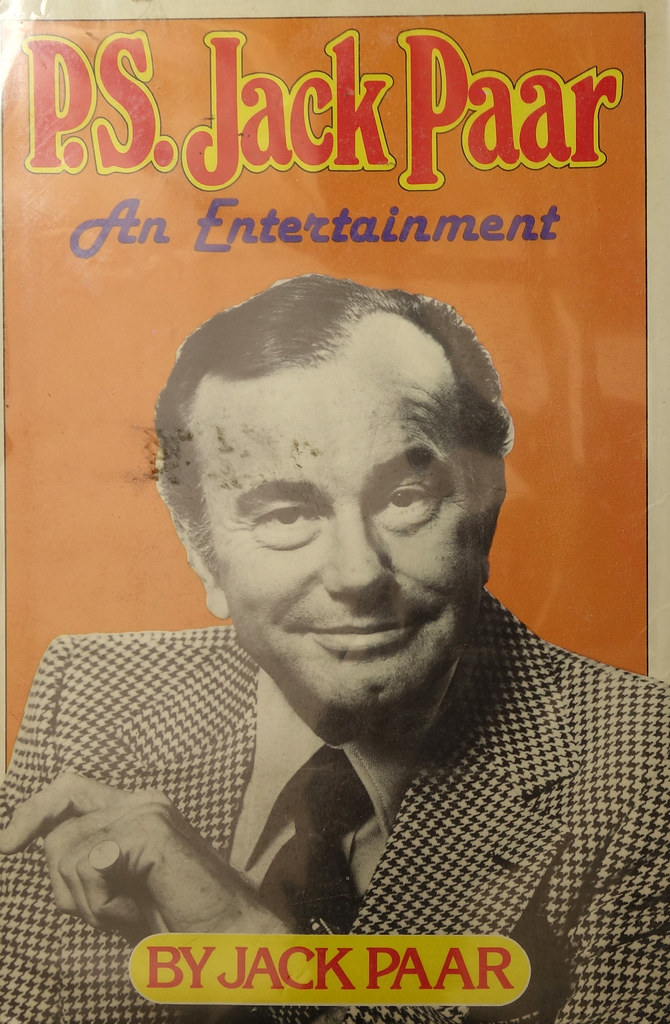
5. **Jack Paar: The Conversational Revolutionary**Following in Steve Allen’s foundational footsteps, Jack Paar took The Tonight Show to new, emotionally engaging heights, truly redefining the late-night talk show format during his tenure from 1957 to 1962. Paar consciously moved away from the more overt slapstick comedy of his predecessor, ushering in a more conversational and deeply personal style that captivated audiences. He made late-night feel intimate, like a late-night chat among friends, but with a global stage and fascinating guests.
Paar was celebrated for his intelligent and wonderfully unpredictable interviews, often featuring a dazzling array of cultural icons. He had a singular knack for drawing out profound thoughts and genuine emotions from his guests, making each conversation feel authentic and deeply compelling. Viewers tuned in not just for the laughs, but for the insights, the genuine connections, and the raw, unscripted humanity that unfolded on his set.
One of Paar’s most famous moments, and a testament to his passionate and principled nature, came when he walked off the show in protest after NBC censored a joke. This bold act shocked the nation and highlighted his unwavering commitment to creative freedom. It was a powerful statement that reverberated through the industry, proving that for Paar, integrity and the right to express oneself freely were paramount. He returned, of course, but the message was clear.
Jack Paar undoubtedly set the stage for future late-night hosts, proving that a talk show could be far more than just entertaining; it could also be thought-provoking, emotionally resonant, and even profoundly impactful. He demonstrated that a host’s personality and intellectual curiosity could elevate the format, transforming it into a space for genuine dialogue and memorable exchanges. His legacy is one of depth, candor, and a pioneering spirit that dared to treat audiences with intelligence.
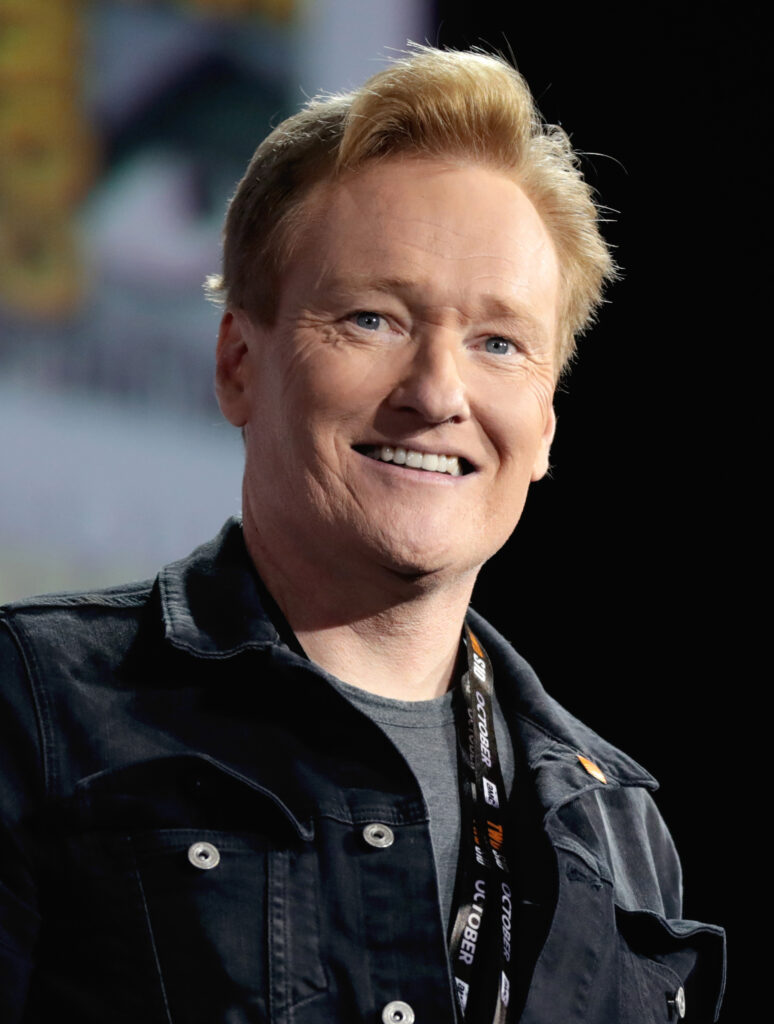
6. **Conan O’Brien: The Quirky Iconoclast**Talk about a comedic journey! Conan O’Brien stands tall as one of the most influential late-night hosts, a true iconoclast whose self-deprecating humor and innovative sketches carved a unique path in the landscape of television comedy. Before gracing our screens nightly, he honed his craft as a brilliant writer for comedy powerhouses like *Saturday Night Live* and *The Simpsons*. When he took the helm of *Late Night with Conan O’Brien* in 1993, a new era of wonderfully absurd humor was truly born, catching audiences delightfully off guard.
Conan’s comedic style was undeniably quirky and gloriously absurd, a breath of fresh air that quickly amassed a dedicated, almost cult-like fan base. His humor often leaned into self-deprecation, a relatable charm that allowed him to connect deeply with viewers. He wasn’t afraid to get weird, to embrace the awkward, and to turn conventional talk show segments on their head, consistently pushing the boundaries of what late-night could be. This distinctive blend of intellectual wit and often chaotic physical comedy made every episode an unpredictable delight, ensuring fans knew they were in for something genuinely different and unforgettable.
His connection with audiences was profound, cultivating a fiercely loyal fan base affectionately known as ‘Team Coco.’ This allegiance stemmed from his genuine persona, his willingness to be vulnerable, and his consistent innovation in a genre often bound by tradition. This was especially evident during his brief and highly publicized tenure on *The Tonight Show* in 2009. Due to controversial network politics, he was unexpectedly replaced by Jay Leno, a decision that sparked widespread outrage and fervent support from his loyal followers. The public outcry was a powerful testament to how deeply he had connected with his audience.
But you simply can’t keep a good comedian down, especially one as resilient as Conan! O’Brien soon found tremendous success with *Conan* on TBS, where he continued to push the boundaries of late-night comedy with his signature style. From hilarious remote segments filmed across the globe to unique and often surprisingly heartfelt celebrity interviews, he consistently delivered laughter that felt fresh, original, and undeniably Conan. His enduring presence on television solidified his place as a beloved figure who never stopped innovating, leaving an indelible mark on the comedic landscape.
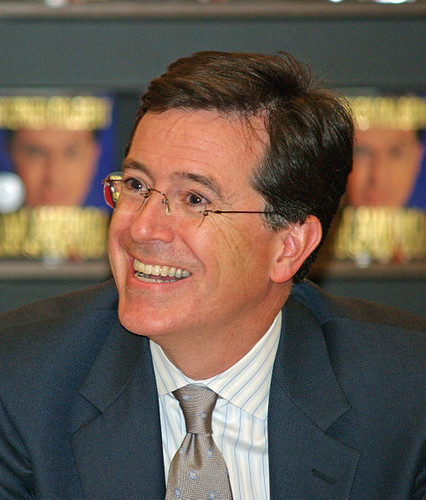
7. **Stephen Colbert: The Satirical Showman**Who doesn’t love a comedian who can make you laugh *and* make you think, often simultaneously? Stephen Colbert, a master of both, initially set his sights on becoming an actor before finding his true calling in the incisive world of satirical comedy. His transformation into a satirical conservative pundit on *The Colbert Report*, running from 2005 to 2014, was nothing short of genius; he didn’t just host a show, he completely embodied a character that became a cultural phenomenon.
*The Colbert Report* was a massive success, brilliantly blending sharp political satire with character-driven humor that resonated deeply with viewers. Colbert’s portrayal of a bombastic, right-wing commentator allowed him to deliver incredibly incisive critiques of politics, media, and society with a disarming layer of comedic brilliance. He famously coined the term ‘truthiness,’ which quickly entered the lexicon, encapsulating the show’s clever approach to perceived truth. This innovative format earned widespread critical acclaim and numerous accolades, often making it more informative than traditional news programs.
In 2015, Colbert bravely stepped into truly legendary shoes, taking over *The Late Show* from none other than David Letterman. This move required a significant shift, as he transitioned from his beloved satirical character to a more traditional, yet still incredibly sharp-edged, comedic style for mainstream late-night television. It was a testament to his versatility, proving he could engage a broader audience while maintaining his signature wit and intellectual curiosity. He adapted brilliantly to this demanding new format, showcasing his profound talent.
Colbert’s tenure on *The Late Show* has been marked by consistently high ratings, particularly during politically charged eras, where his informed monologues and insightful interviews offered both solace and laughter. His thoughtful approach, combined with his natural charm, has resonated deeply with viewers, earning him multiple Emmy Awards for his outstanding work. He continues to be a formidable and essential presence in late-night, deftly navigating complex topics with humor, heart, and an unwavering commitment to intelligent entertainment. It’s a joy to watch him every night.

8. **Jon Stewart: The Oracle of Political Satire**If anyone revolutionized late-night television with an unparalleled blend of sharp political satire and genuine insight, it was undeniably Jon Stewart. From 1999 to 2015, as the brilliant host of *The Daily Show*, he didn’t just report the news; he masterfully dissected it, brilliantly ridiculed it, and often managed to make more sense of it than traditional news outlets could. Before his groundbreaking run, Stewart had already honed his comedic chops as a stand-up comedian and even hosted *The Jon Stewart Show* on MTV, which, though short-lived, gained a dedicated cult following.
Stewart’s approach to comedy was nothing short of revolutionary, fundamentally changing how a generation consumed news and political commentary. He didn’t just deliver jokes; he delivered potent truth bombs expertly wrapped in humor, profoundly shaping modern political satire for an entire generation of viewers. His show pioneered a format that skillfully juxtaposed absurd media clips with his incisive, often furious, commentary, creating a powerful and addictive viewing experience. He truly turned late-night into a vehicle for accountability, forcing us to confront uncomfortable realities while making us laugh until our sides ached.
His interviews with politicians, celebrities, and experts were equally compelling, characterized by a keen intelligence, an unwavering sense of fairness, and a courageous refusal to let guests off the hook without genuine answers. Under Stewart’s leadership, *The Daily Show* evolved into a major influence on public discourse, acting as a crucial watchdog and, for countless young viewers, a primary, credible news source. He empowered audiences to question everything and engage critically with the world around them, making challenging the status quo seem effortlessly cool.
Stewart’s profound impact was widely recognized and celebrated across the industry, earning him multiple Emmy Awards and a prestigious Peabody Award for his exceptional contributions to television. His unparalleled ability to blend incisive commentary with laugh-out-loud comedy made *The Daily Show* a cultural touchstone and a vital part of the political conversation. He didn’t just host a show; he built a comedic empire that brilliantly proved humor could be a powerful, essential tool for civic engagement and social change. What an absolute legend!


